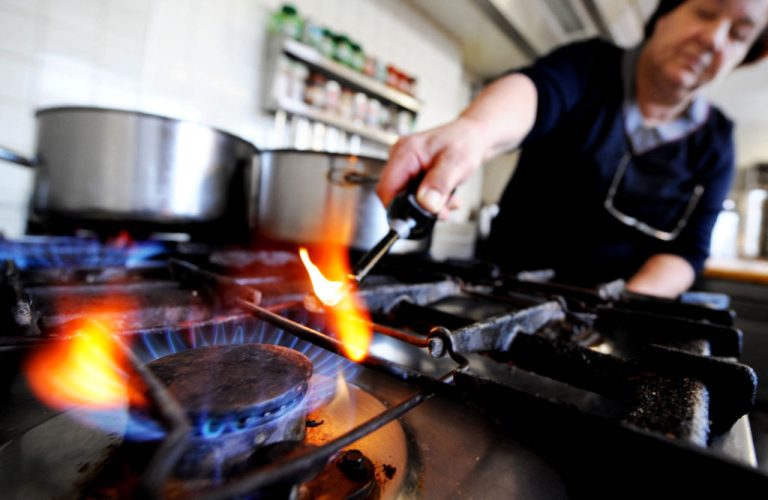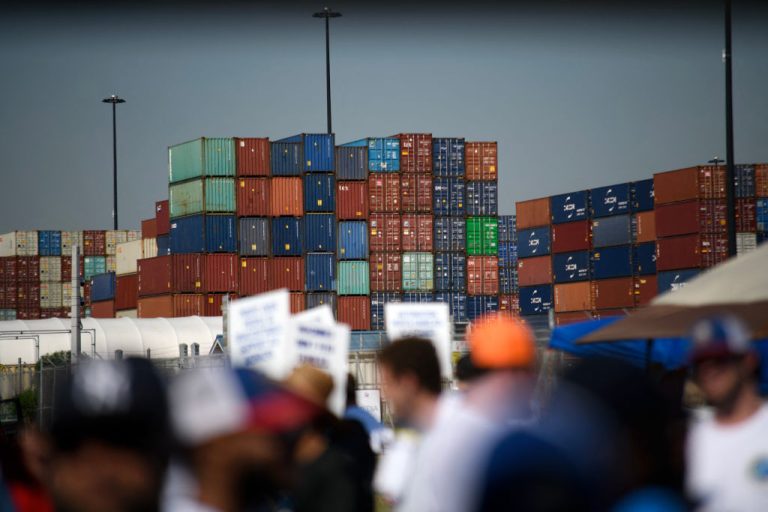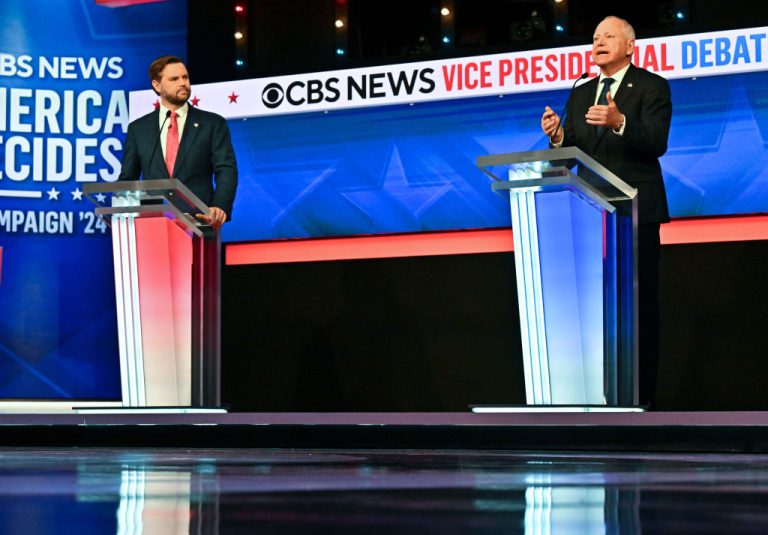An attempt to ban natural gas by the City of Berkley has been thrown out by the Ninth Circuit Court of Appeals.
Issued April 17, the appellate court ruled in a 46-page decision that in 2021, a federal judge who declared that Berkley, a city of some 117,000 people, had “exercised its expressly carved-out authority to regulate the local distribution of natural gas” in an ordinance that banned gas infrastructure from being installed in new construction.
“The California Restaurant Association sued Berkeley in federal court saying the ban on natural gas piping in new construction runs contrary to provisions in the Energy Policy and Conservation Act (EPCA), which regulates energy use by appliances,” Courthouse News Service (CNS) reported at the time.
Although Berkley’s attempt to ban natural gas far predates a January push to outlaw natural gas stoves by the establishment left following a spurious study published by product safety non-profit that claimed natural gas stoves increased asthma risks in children, the controversy is similar
Cortland Reichmann, lawyer for the Plaintiffs, The California Restaurant Association (CRA), argued in the original case that Berkley’s “intent is to ban gas appliances.”
Success
You are now signed up for our newsletter
Success
Check your email to complete sign up
Reichmann added, “The Berkeley ordinance does not facially regulate or mandate any particular type of product or appliance…Instead, the ordinance focuses on regulating the underlying natural gas infrastructure.”
“EPCA does not allow them to do through the back door what they can’t do through the front door,” Reichman further argued, according to CNS.
Yvonne Gonzalez Rogers, the U.S. District Court Judge presiding over the case, ruled, “The Berkeley ordinance does not facially regulate or mandate any particular type of product or appliance…Instead, the ordinance focuses on regulating the underlying natural gas infrastructure.”
In July of 2019, a blog post by the Union of Concerned Scientists explained that although the ordinance came into effect at the beginning of 2020 and would “initially only apply to low-rise residential buildings”—and only brand new constructions—the ban would inevitably spread to commercial real estate as the California Energy Commission used the bylaw as a lever to develop “all-electric building standards.”
“Existing buildings in Berkeley can continue to use natural gas… at least for the time being,” the blog wrote.
A September of 2022 article by industry magazine the Air Conditioning Heating Refrigeration News (ACHR) on the ban coming into effect in commercial property summarized, “Berkeley’s natural gas ban is aimed at promoting electrification and avoiding the carbon emissions that come from burning natural gas. The city argues the ban also improves IAQ [Indoor Air Quality], avoids potential natural gas explosions, and can make housing more affordable.”
A representative for Berkley’s Office of Energy and Sustainable Development attempted to frame the restriction as “a different way of building.”
The article quoted CRA President and CEO Jot Condie as explaining in a statement that all-electric doesn’t work for restaurants because “chefs rely on gas stoves to grill vegetables, sear meats and create meals of all kinds inspired by cuisines from all over the world.”
Condie argued that forcing electric not only “reduces those choices,” but “is also likely to impact what restaurants pay for energy in the future.”
The President may have a point on the costs issue considering California was right in the middle of an unprecedented energy crisis that saw peak electrical load set multiple all time highs during the month of September amid a record and long lasting heat wave.
The Ninth Circuit’s ruling found that Gonzalez had erred because “it limited the Act’s [EPCA] preemptive scope to ordinances that facially or directly regulate covered appliances.”
“But such limits do not appear in EPCA’s text. By its plain text and structure, EPCA’s preemption provision encompasses building codes that regulate natural gas use by covered products. And by preventing such appliances from using natural gas, the new Berkeley building code does exactly that,” wrote Judge Patrick J. Bumatay in the trio’s written Opinion.
Bumatay noted that “The Act expressly preempts State and local regulations concerning the energy use of many natural gas appliances, including those used in household and restaurant kitchens.”
Berkeley made a point of skirting around the issue: “Instead of directly banning those appliances in new buildings, Berkeley took a more circuitous route to the same result and enacted a building code that prohibits natural gas piping into those buildings, rendering the gas appliances useless,” the Judge wrote.
“States and localities can’t skirt the text of broad preemption provisions by doing indirectly what Congress says they can’t do directly. Berkeley can’t evade preemption by merely moving up one step in the energy chain and banning natural gas piping within those buildings,” he added.
San Francisco Chronicle reported that Berkeley Mayor Jesse Arreguin lamented that the defeat was “disappointing” because “the Ninth Circuit held that Berkeley, like many other cities around the country, cannot take common-sense measures to protect its constituents from climate change.”







